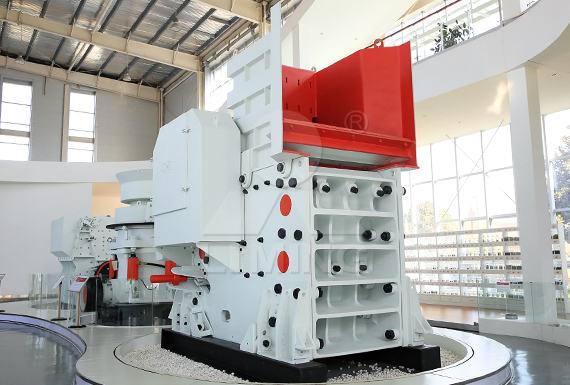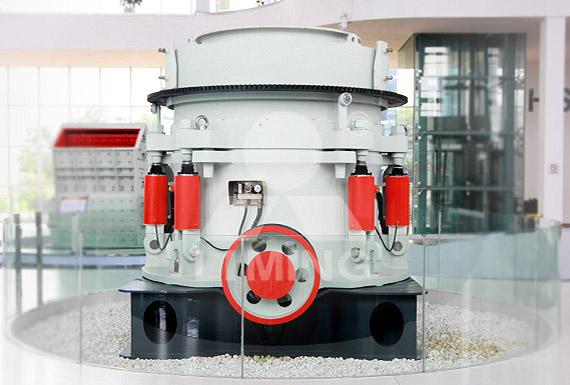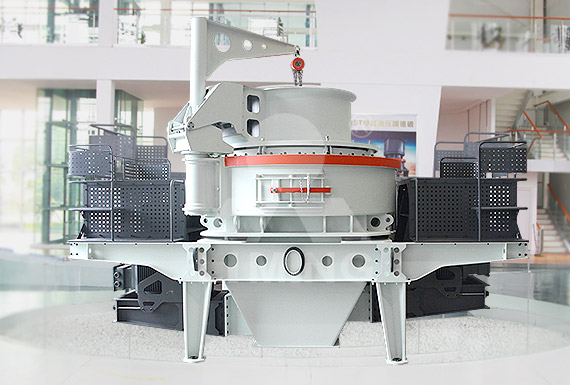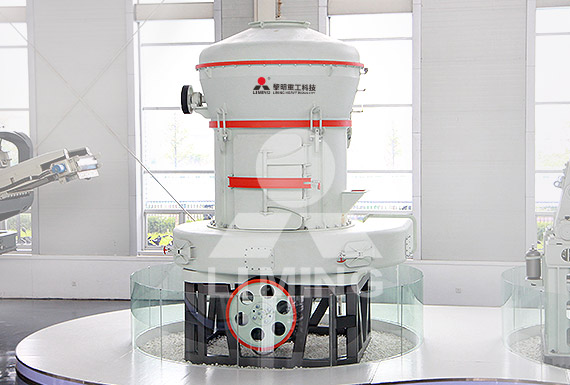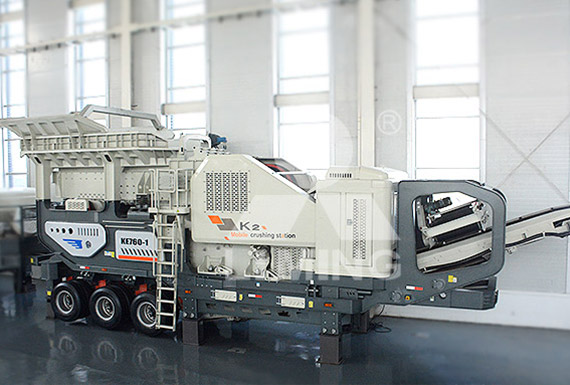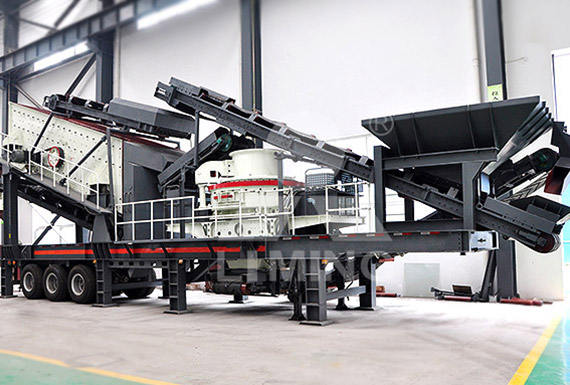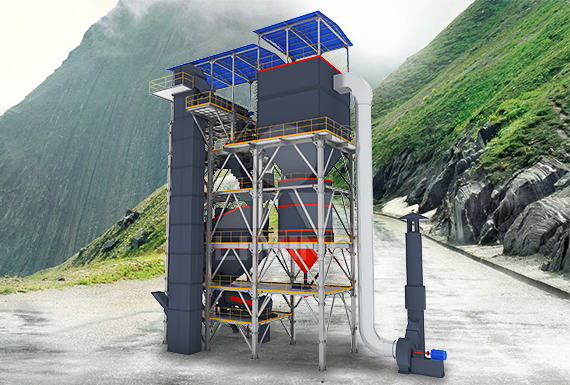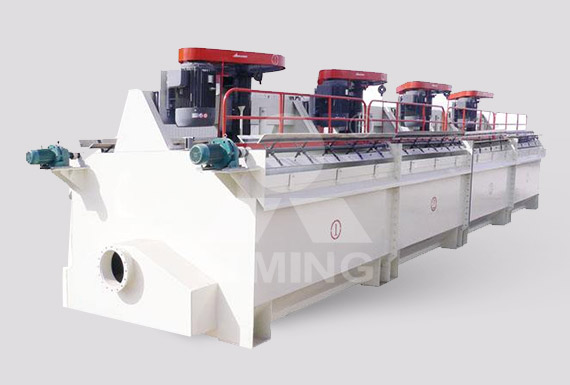المنتجات الساخنة

ratio of thorium to uranium in zircon sand
2021-4-14 [en] Zircon the main mineral of zirconium is a silicate mineral product (ZrSiO 4) obtained from beach sand deposits, along with other minerals such as kyanite, ilmenite, and rutile.All zircons contain some radioactive impurities due to the presence of uranium, thorium and their respective decay products in the crystalline structure of zircon
Contact
Separation and determination of uranium and thorium in
An extraction chromatography method with a column of microporous polyethylene supporting tri-n-octylamine /TNOA/ was used to separate uranium and thorium from zircon sands.
Contact
Uranium and Thorium in Zircon Sands Processe d in
2011-7-12 Uranium and Thorium in Zircon Sands Processe d in Northeastern Brazil Clovis A. Hazina* Mari, a Helena P .Gazineub' Emersoc, n E. G. de Fariasa aCentro Regiona dl e Ciência Nucleares/CNEs N Av. Prof Lui. z Freire 200, 50740-540, . Recife PE Brasil. bUniversidade Católic dae Pernambuc -o Ru dao Príncipe 526, 50050-900, Recif.PeE Brasil. cInstituto de
Contact
(PDF) Presence of uranium and thorium in zircon
Presence of uranium and thorium in zircon as semblages separated from beach sands o f Cox’s Ba zar, Bangladesh . Journal of Science, Technology and En vironment Informatics,03(01), 161
Contact
Determination of uranium, thorium and rare-earth
2011-11-10 Zircon is an accessory mineral, which occurs at low concentrations in a wide variety of rocks and is a host for hafnium, rare-earth elements (REE) and radio active elements like uranium and thorium. The presence of uranium in zircon has led to its increased use in the age determination of rocks. Zirconium is also considered as a strategic, hi-tech element because of
Contact
Some observations on the uranium and thorium
The uranium and thorium distributions in seventy two specimens of accessory zircon from granitic rocks have been examined. Frequency distributions of
Contact
Geochemical behavior of uranium and thorium in sand
Geochemical behavior of uranium and thorium in sand and sandy soil samples from a natural high background radiation area of the Odisha coast, India Environ Sci Pollut Res Int. 2020 Sep;27(25) :31339 (monazites and zircon) and clay mineral association. Since the majority of the samples have undergone moderate to intense weathering in the
Contact
Options For Removing UraniumThorium From Zircon
2017-5-31 UraniumThorium Radioactivity • Contains from 10 ppm up to 1% uraniumthorium. Very variable depending on source of zircon- cation substitution at the time of formation in original host rock • Market requirements of <500 ppm total uraniumthorium • There are also transport limits of 50 Bq/gram and if exceeded
Contact
Determination of 238U, 232Th and 40K in Zircon Sand
2015-3-29 process called metamictization, resulting from replacement of zirconium by uranium and thorium (WOODHEAD et al., 1991). Due to this process, the levels of radionuclides from the uranium and thorium series in zircon sands are higher the ones found in rocks and soils, ranging from 0.2 to 74 kBq.kg-1 and 0.4-40 kBq.kg-1, respectively. However
Contact
Naturally-occurring radioactive materials and the
2016-11-1 The activity levels in zircon vary depending on the source, but are generally in the ranges shown in Table I. Table I. Typical activity concentrations of radionuclides in natural raw materials. Nuclide Activity range (Bq/g) Uranium Thorium-238 in zircon 2 –4-232 in zircon 0.5 –1.0 Potassium-40 in zircon Approx. 0.002
Contact
(PDF) Presence of uranium and thorium in zircon
Presence of uranium and thorium in zircon as semblages separated from beach sands o f Cox’s Ba zar, Bangladesh . Journal of Science, Technology and En vironment Informatics,03(01), 161
Contact
Some observations on the uranium and thorium
The uranium and thorium distributions in seventy two specimens of accessory zircon from granitic rocks have been examined. Frequency distributions of
Contact
Abundance and distribution of uranium and thorium in
1994-1-1 Analyses were made of uranium and thorium in ziircon, sphene, apatite, epidote, and monazite separated as accessory minerals from samples of granitic rock from widely scattered localities to indicate the abundance and distribution of these two elements among the five mineral phases. For any pair of mineral phases the distribution ratio remains within the same order of
Contact
Uranium and Thorium in zircon sands processed in
[en] Zircon the main mineral of zirconium is a silicate mineral product (ZrSiO 4) obtained from beach sand deposits, along with other minerals such as kyanite, ilmenite, and rutile.All zircons contain some radioactive impurities due to the presence of uranium, thorium and their respective decay products in the crystalline structure of zircon, as well as potassium-40.
Contact
Thorium-to-Uranium Ratios as Indicators of Sedimentary
The thorium-to-uranium ratios in sedimentary rocks range from less than 0.02 to more than 21. Ratios in many oxidized continental deposits are above 7, whereas most marine deposits have ratios much below 7. Thus, the thorium-to-uranium ratio varies with sedimentary processing and depositional environment.
Contact
THORIUM, URANIUM AND POTASSIUM IN SOME
2015-6-15 Laboratory Enrichment of Radioactive Assemblages and Estimation of Thorium and Uranium Radioactivity in Fractions Separated from Placer Sands in Southeast Bangladesh
Contact
Occupational exposure to natural radioactivity in a zircon
This sand contains varying concentrations of natural radionuclides: mostly U-238 but also Th-232 and U-235, together with their daughters, and therefore may need to be regulated by Directive 96/29/EURATOM. This stone describes the method used to perform the radiological study on a zircon sand milling plant and presents the results obtained.
Contact
Determination of 238U, 232Th and 40K in Zircon Sand
2015-3-29 process called metamictization, resulting from replacement of zirconium by uranium and thorium (WOODHEAD et al., 1991). Due to this process, the levels of radionuclides from the uranium and thorium series in zircon sands are higher the ones found in rocks and soils, ranging from 0.2 to 74 kBq.kg-1 and 0.4-40 kBq.kg-1, respectively. However
Contact
Naturally-occurring radioactive materials and the
2016-11-1 The activity levels in zircon vary depending on the source, but are generally in the ranges shown in Table I. Table I. Typical activity concentrations of radionuclides in natural raw materials. Nuclide Activity range (Bq/g) Uranium Thorium-238 in zircon 2 –4-232 in zircon 0.5 –1.0 Potassium-40 in zircon Approx. 0.002
Contact
Origin of thorium deposits in Kerala beach sands
2015-11-10 The thorium to uranium ratio in monazite sand is in the order of 25, However, the ratio is much less in the rock samples. In order to undertake such a project which, of course, involves many disciplines, large efforts in sampling, in modeling of possible transport, and strategies for analysis are required. The marine origin of the deposits
Contact
Separation and determination of uranium and thorium in
The presence of 23OTh at 4.62-4.68 MeV is due to the family of 238U. The analysis of the spectra also show a complete d e c o n t a m i n a t i o n of uranium from tho-
Contact
Abundance and distribution of uranium and thorium in
1994-1-1 Analyses were made of uranium and thorium in ziircon, sphene, apatite, epidote, and monazite separated as accessory minerals from samples of granitic rock from widely scattered localities to indicate the abundance and distribution of these two elements among the five mineral phases. For any pair of mineral phases the distribution ratio remains within the same order of
Contact
Presence of uranium and thorium in zircon assemblages
2016-2-29 The separated zircon assemblages were examined by a polarizing petrographic microscope and X-ray diffraction techniques and found that it contained more than 75% pure zircon. Thereafter, uranium and thorium concentrations in zircon were measured by NAA and revealed that zircon contained 94-141 ppm uranium and 127-506 ppm thorium.
Contact
Presence of uranium and thorium in zircon assemblages
2018-11-18 Thereafter, uranium and thorium concentrations in zircon were measured by NAA and revealed that zircon contained 94-141 ppm uranium and 127-506 ppm thorium. Therefore, this noticeable amount of uranium and thorium in zircon should be taken in consideration during any mining attempt of the placer minerals present in Cox's Bazar beaches.
Contact
Determination of 238U, 232Th and 40K in Zircon Sand
2015-3-29 process called metamictization, resulting from replacement of zirconium by uranium and thorium (WOODHEAD et al., 1991). Due to this process, the levels of radionuclides from the uranium and thorium series in zircon sands are higher the ones found in rocks and soils, ranging from 0.2 to 74 kBq.kg-1 and 0.4-40 kBq.kg-1, respectively. However
Contact
Mineral Sands: NORM Appendix World Nuclear Association
Western Australian mineral sands deposits contain up to 10% heavy minerals, of which 1-3% is monazite. This in turn typically contains 5-7% of radioactive thorium and 0.1-0.3% of uranium, which is barely radioactive. However, if decay products of either are present in the minerals, the radioactivity levels may be significant when the monazite
Contact
Determination of the elemental concentration of uranium
Amang or tin tailing is processed into concentrated ores and other economical valuable minerals such as monazite, zircon, xenotime, ilmenite etc. Besides that, the tailings from these ores may have a significant potential source of radiation exposure to amang plants' workers. This study was conducted to determine the elemental concentration of uranium and thorium in mineral
Contact
The World in a Grain of Sand University of Texas at Austin
2014-10-22 As a zircon-containing rock makes its way up through the earth’s crust, the temperature drops. For a zircon, the crystal structure closes at a depth of around 6 kilometers when the rock hits about 180 degrees Celsius. That’s when helium—a byproduct of the radioactive decay of uranium and thorium—starts to accumulate inside the zircon.
Contact
Origin of thorium deposits in Kerala beach sands
2015-11-10 The thorium to uranium ratio in monazite sand is in the order of 25, However, the ratio is much less in the rock samples. In order to undertake such a project which, of course, involves many disciplines, large efforts in sampling, in modeling of possible transport, and strategies for analysis are required. The marine origin of the deposits
Contact
URANIUM AND THORIUM EXPLORATION ACTIVITIES
2021-12-8 -Uranium and Thorium exploration still in progress and continued in some potential places to inventory and increase category of the resources .-Uranium and Thorium as a by product of tin and zircone mining have significant content, and need an intensive data collection.-Uranium and Thorium processing from uranium ore and
Contact